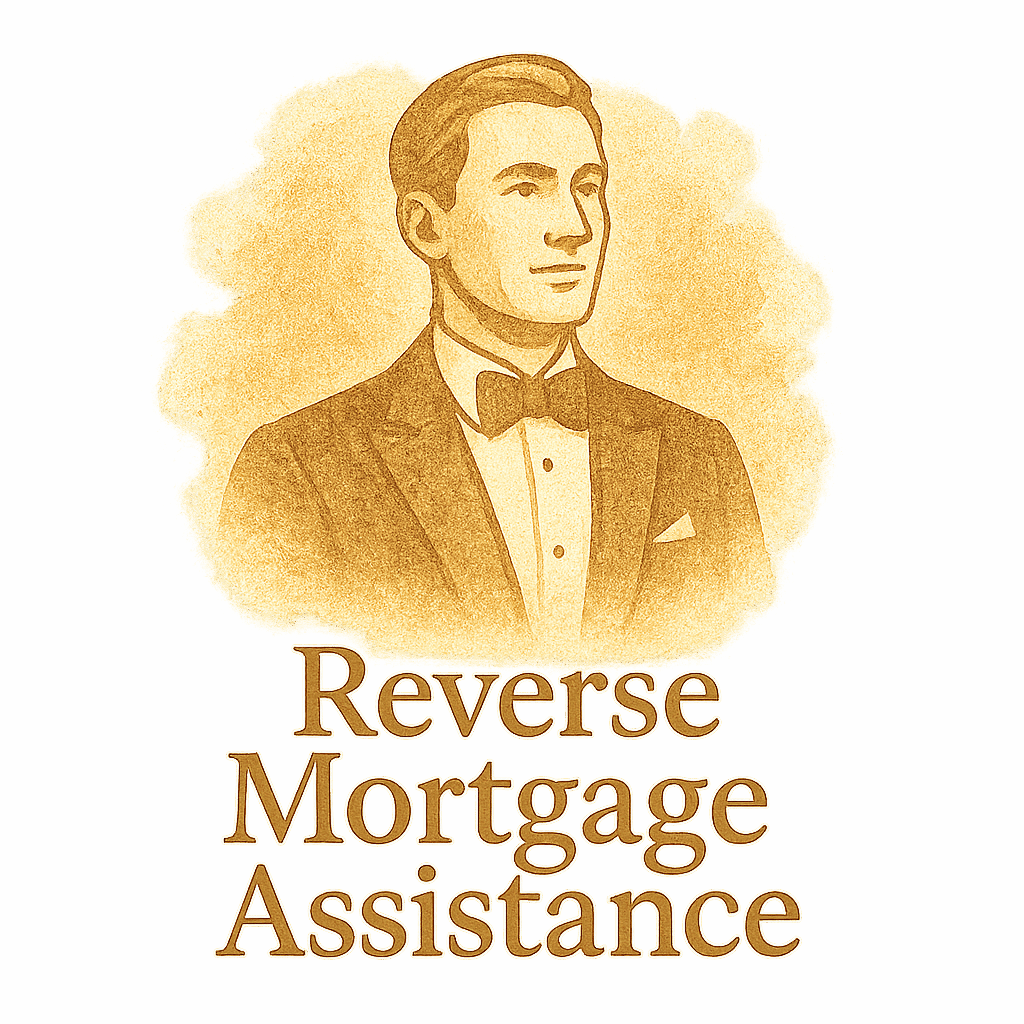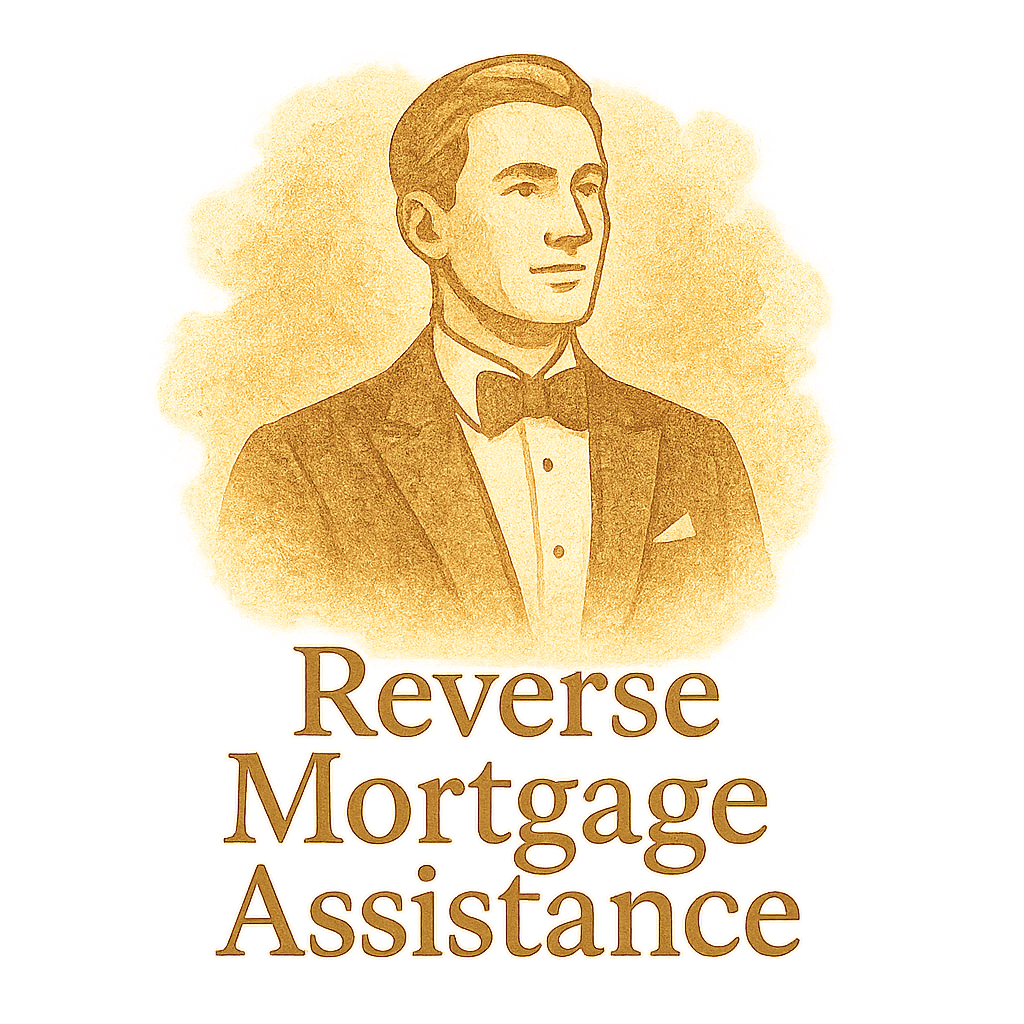What Is a Reverse Mortgage, Really?
Let’s be real for a second: reverse mortgages have a bad rap. But most of that comes from confusion and outdated myths. So, let’s clear the air.
Understanding the Basics
A reverse mortgage is a type of loan for homeowners 62 or older. Instead of making monthly payments to a lender, the lender pays you based on your home’s equity. The catch? You don’t have to repay the loan until you move out, sell the home, or pass away.
If you need a deeper dive, this guide on reverse mortgage basics is a great place to start.
The Role of Home Equity in Reverse Mortgages
Your home isn’t just where you live—it’s likely your biggest financial asset. A reverse mortgage lets you turn some of that built-up home equity into cash without selling or moving out.
Fear #1: “I’ll Lose My Home”
The Truth About Ownership
This is one of the biggest fears out there, and frankly, it’s a misunderstanding. With a reverse mortgage, you remain the owner of the home—just like with a traditional mortgage. You’re responsible for property taxes, homeowners insurance, and maintenance, but the home remains yours.
Legal Protections in Place
The government has regulations to protect borrowers. The legal and regulatory framework around reverse mortgages ensures you can’t be evicted as long as you meet your responsibilities.
Fear #2: “My Heirs Will Be Saddled with Debt”
Non-Recourse Loan Explained
Here’s the deal: reverse mortgages are non-recourse loans. That means your heirs will never owe more than the home is worth. If the loan balance exceeds the home’s value, the FHA insurance steps in to cover the difference. No financial burden is passed on.
How the Loan Is Repaid
Typically, the home is sold after the homeowner passes away or moves out. The proceeds pay off the loan, and any remaining equity goes to the heirs. More details are in this helpful loan comparison guide.

Fear #3: “It Sounds Too Good to Be True”
Addressing the Skepticism
Skepticism is healthy, but fear based on misinformation is not. A reverse mortgage is not free money—it’s a loan. You use the value of your home as a financial tool. The key is understanding how it works.
The Importance of Understanding Terms
Reading the fine print is essential. But thankfully, today there are tons of resources to help you decode the legal terms and conditions. Use them.
Fear #4: “I’ll Get Scammed”
Common Myths and Misconceptions
This fear often stems from past scams and shady practices in the industry. But times have changed. Education, regulation, and transparency have improved.
For a look at common mortgage myths and truths, check out this breakdown.
Regulatory Protections and Safe Practices
The government now requires third-party counseling before getting a reverse mortgage. Plus, there are contracts and disclosures to ensure borrowers understand exactly what they’re signing.
Fear #5: “I’ll Run Out of Money Anyway”
Using Reverse Mortgages for Long-Term Planning
This isn’t just about surviving—it’s about thriving in retirement. A reverse mortgage can be a powerful part of your mortgage planning strategy, especially when paired with other income streams.
Supplemental Income Strategies
From covering medical bills to traveling the world, seniors are using reverse mortgages in creative ways. Real case studies show it’s working.
Fear #6: “It’s Too Complicated”
Simplifying the Process
It might seem complex, but it doesn’t have to be. Resources, counselors, and simplified tools now make applying for and understanding reverse mortgages easier than ever.
Comparing Loans and Planning Ahead
Use tools to do a loan comparison. Get informed. Take your time. Reverse mortgages are for the long game—not quick fixes.
Why You Shouldn’t Fear a Reverse Mortgage
Peace of Mind in Retirement
Imagine living comfortably, without financial stress. That’s what a reverse mortgage can offer—especially for seniors ready to enjoy their golden years.
Personalized Mortgage Planning Tools
Not every plan fits everyone. But with the right preparation, reverse mortgages can give you the flexibility and confidence to control your retirement story.
Final Thoughts
Fear comes from the unknown. But when it comes to reverse mortgages, knowledge truly is power. Don’t let outdated myths or hearsay rob you of a potentially life-changing opportunity. Explore all your options. Ask questions. Use resources like Reverse Mortgage Assistance to make an informed decision.
FAQs
1. What happens to my reverse mortgage if I move out of the home?
The loan becomes due when you no longer use the home as your primary residence. That includes moving into a care facility.
2. Can I pay off my reverse mortgage early?
Yes, you can repay the loan at any time without penalties.
3. Will I still have something to leave my heirs?
Absolutely. If the home sells for more than what you owe, the remaining equity goes to your heirs.
4. Are reverse mortgage funds taxed?
Nope. The money you receive is considered loan proceeds, not income.
5. Can I get a reverse mortgage with an existing mortgage?
Yes, but you’ll need to use part of the reverse mortgage proceeds to pay off the existing mortgage first.
6. Is a reverse mortgage safe?
Yes, if done correctly. Government regulations, counseling, and transparency help ensure safety.
7. Where can I learn more?
Visit Reverse Mortgage Assistance for tools, info, and real-life examples of successful outcomes from reverse mortgage use.


